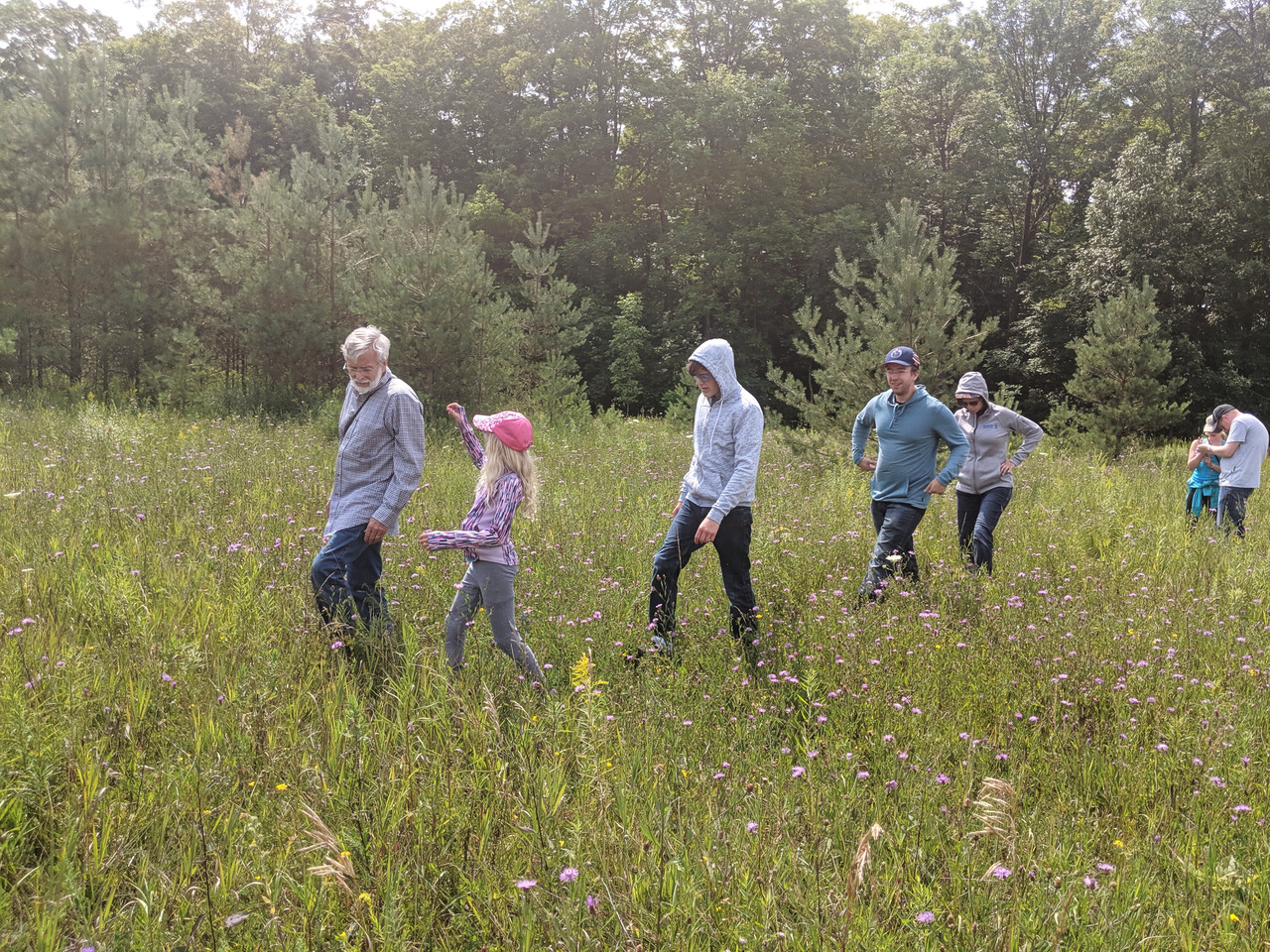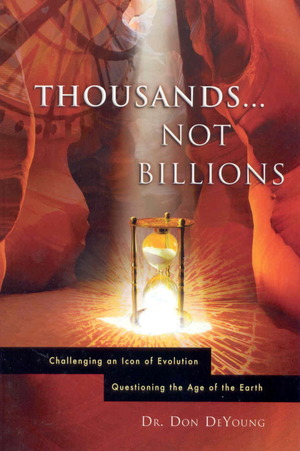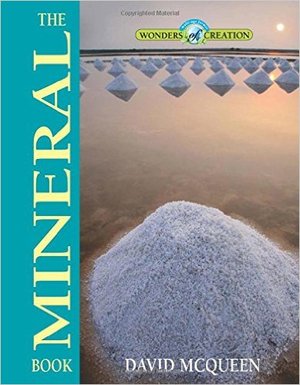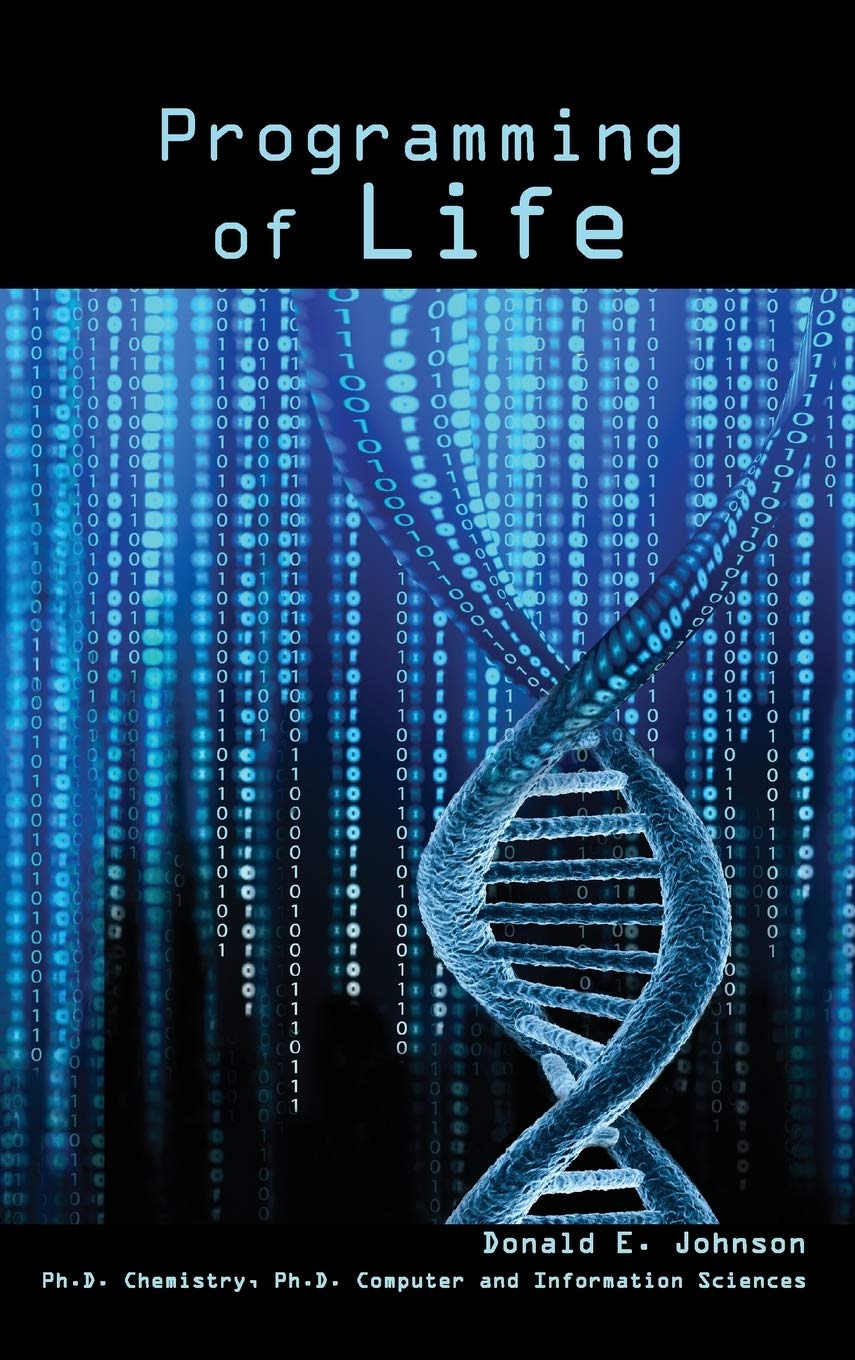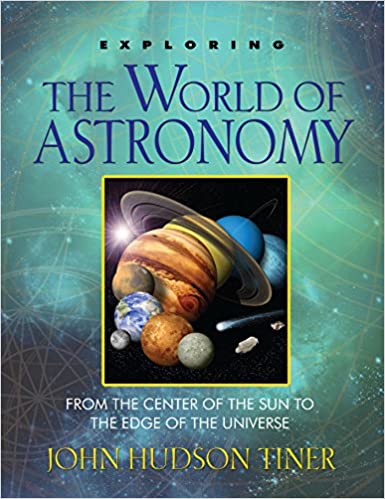Highly divisive issues are rocking our society today and as Christians, we need insights into where these ideas are coming from, and what they mean for us and our children. There are few issues of greater interest to modern society than the environment. Christians therefore cannot allow themselves to remain ignorant on this topic.
With travel opportunities and wonderful photography from every continent, we cannot fail to be aware of the beauty and diversity in nature. Naturally Christians, like many others, appreciate and value our beautiful surroundings. It is no surprise then, that we hear a lot about the environment. But is the popular message a good one? Journalists, politicians and scientists are promoting big changes to our society in the name of environmental preservation. For example, two individuals from a Canadian think tank dedicated to promoting “climate and social justice”, wrote in a recent opinion piece: “The Green New Deal is capturing people’s imaginations and reframing the climate debate that builds on a ground swell of support for a major social and economic shift.” (Maude Barlow and Dylan Penner. July 12, 2019 Edmonton Journal).
You would think that people would be asking what a major social and economic shift would look like. What are we progressing from and what are we progressing toward? What values are foundational to where our society has been and what constitute the future initiatives and attitudes?
Christians support a standard for truth and behavior that is the Bible. In large part, western governments have also, in past generations, based their values on biblical standards. But today western societies support no such standard. Based on the idea of evolution, society looks for ever changing values. The appeal of progressive attitudes means a rejection of the past. So how does this impact our relationship to the environment?
In the early years after World War II, people had time to pay attention to the environment. Most people were concerned about water and air pollution and erosion. New concerns however arose about fifty years ago. In 1968 and 1969, three influential men helped to kick-start the environmental movement. Their writings began the environmental movement and determined its nature. Their values determined today’s values.
Garrett Hardin (1915-2003), was professor of biological sciences and environmental studies at University of California, Santa Barbara. In 1968 he published an article entitled “The Tragedy of the Commons” in the journal Science. It was a reflection on the effects of human population on nature. Just as greedy farmers might load too many of their own cattle onto a community pasture (thereby causing the whole system to crash), similarly, he said, we have to prevent the family, race, religion or nationality from loading too many offspring onto Earth’s ecosystem. He urged governments to control family size by force because, he said, there was no value greater than nature. An atheist and an evolutionist, he had a huge impact on social attitudes. He certainly had no interest in protecting religious or cultural beliefs.
Then there was Paul Ehrlich (1932-), an evolutionary and population biologist at Stanford University, California. In 1968 the Sierra Club (an environmental group) helped to publish Dr. Ehrlich’s The Population Bomb. He predicted that hundreds of millions of people would starve by the late 1970s. He warned that in ten years all important animal life in the seas would be extinct. None of this happened. He recommended not sending food aid to countries with rapidly increasing populations because this would encourage their exerting a negative impact on spaceship Earth.
Ian McHarg (1920-2001) was a landscape architect whose claim to fame was his bitter attacks on the Christian faith. In his 1969 book Design with Nature, he raged against the arrogant Christians who think that God has provided nature for their sustenance. These atheistic men, and others , set the foundations for the values that we see displayed by governments and society today.
Christians, for their part, consider that we have a duty to honour the commands of God, the needs of our fellow man, and the needs of nature. Christians prioritize their standards of conduct firstly toward God, secondly toward mankind, and thirdly towards nature. Notice that the needs of mankind for life, take priority over nature. We seek to mitigate any impacts on nature, but there will never be a time when man has zero impact on nature.
Secular society, for its part, recognizes no duty to honour God’s commands. Based on the values of the founding environmentalists, they also recognize no duty toward their fellow man. Indeed, multiple influential scientists have called human populations a disease or a cancer on the Earth. For example, famous chemist and science fiction author Isaac Asimov (1920-1992) declared in a general interest article in Weekend Magazine (July 25, 1970): “Like disease, Man is multiplying so rapidly that he is endangering the life of the whole planet.” The article was entitled “The Cancer Called Man.”
The practical implications of such disdain for humans was soon apparent. The secularists consider that human life is expendable. Lifeboat ethics was an idea promoted by Drs. Hardin and Ehrlich. They likened the Earth to a lifeboat that is too full of people so that it is starting to sink. The solution, they said, was to push the least deserving member(s) out of the boat. Numerous humorous cartoons appeared that suggested that those in the lifeboat should push the most annoying one(s) out first. Nobody seemed to question whether it was right to push out anybody. The environmentalists, in general, are not interested in promoting the welfare of mankind. Their objective is to protect nature.
The Bible tells us that humans are more important than animals (nature) and therefore that man’s interests take priority over nature (Luke 12:6-7). Thus the Christian cautiously uses nature as required to support his own life and current populations. Having an impact on the Earth to support agriculture and other needs is unavoidable. Nevertheless, in an article which appeared in Science in 1967 (entitled “The Historical Roots of Our Ecological Crisis”) historian Lynn White declared that we need to adopt a new religion which venerates nature rather than God, if we hope to solve our environmental problems. Imagine such a blatant rejection of Christian faith on the part of a science journal!
Eco-activists thus insist that nature ought to be valued over people. For example, Canadian plant ecologist Stan Rowe (1918-2004) in his book Home Place declared “Ecosystem (Nature) ought to be valued above people on the basis of precedence in time, evolutionary creativity and diversity and the complexity of a higher level of organization.” (p. 125) Many environmentalists value the memory and words of forester Aldo Leopold (1886-1948) whose book A Sand County Almanac (1949) declared that standards of right and wrong are to be judged on the basis of effect on nature. Thus he declared that any activity that impacts nature, is wrong. However almost anything for man’s support interferes with nature. Are people today considered expendable compared to nature? The popular answer is clearly yes. Would Christians agree to such an agenda? Hopefully not.
As far as present day environmental activism is concerned, we are operating in a milieu of hostility to Christian faith, to mankind and to democratic institutions that seek to protect the local interests of voters. An opinion piece in the Edmonton Journal (February 27, 2020) from Nathan Cooper, Speaker of the Legislative Assembly of Alberta declared” Today, this very minute, we see a generation turning away from our democratic institutions and values.” Concern for the environment is encouraging our youth to support globalist policies and an authoritarian style of government. Indeed an article in Nature on the topic of democratic governments declared: “[M]any Western policymakers assume that technological progress is best achieved in a liberal market underpinned by free trade. This is not necessarily the case. China has scaled up renewable energy through top-down rule and state planning.” (Nature May 2, 2019 p. 31)
Christians, for their part, should be very critical of “progressive” values. Environmental recommendations concerning “climate change”, land use, and agricultural practices, do not have the interests of people at heart. We do not want a new social order which involves rejecting historical norms and standards based originally on the Bible. Traditional is not a bad word.
Margaret Helder
April 2020
Subscribe to Dialogue


